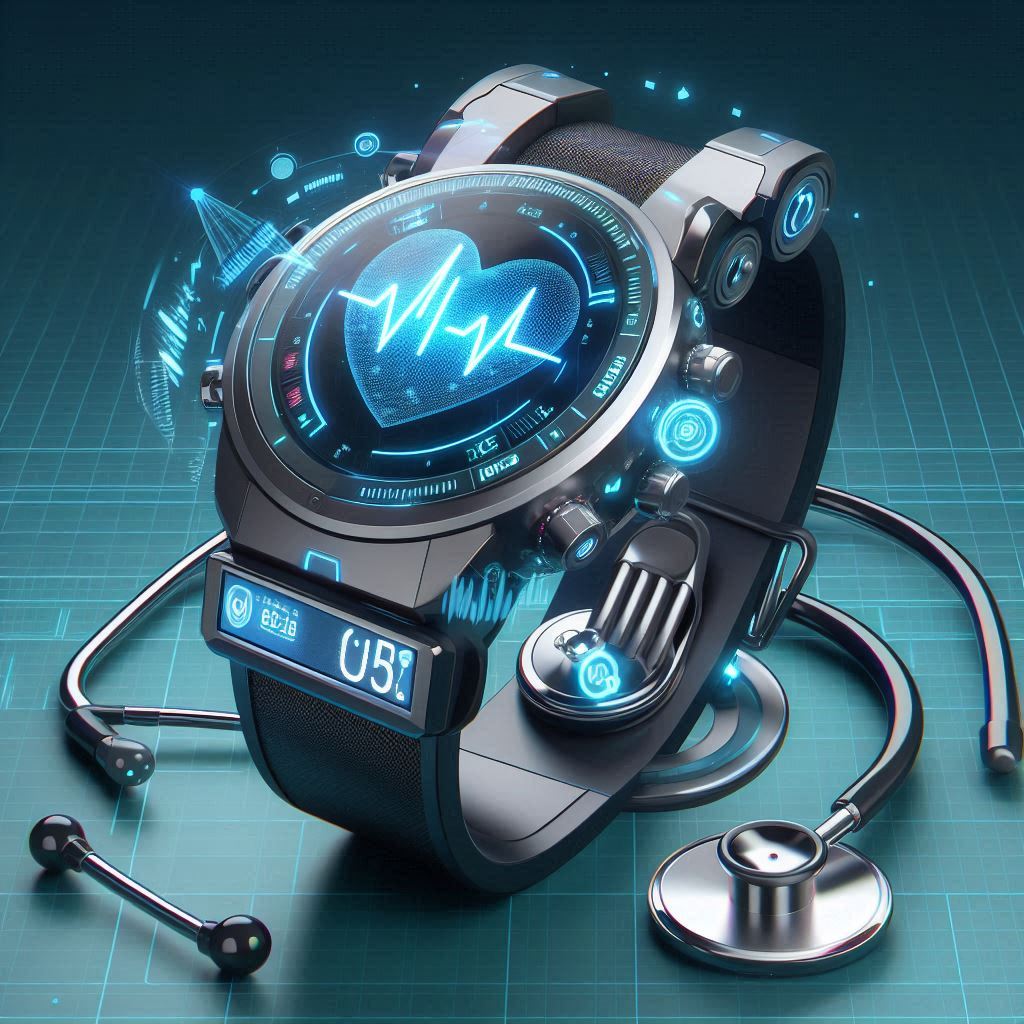Technology for Health Change: AI and Data Analytics in Medicine
Imagine being at the doctor’s office and getting diagnoses in just a few seconds, thanks to AI that analyzes your scans not only in record time but also with precision. That is where health is, these days, as artificial intelligence and data analytics revolutionize how we understand diseases, diagnose them, and treat them. It makes care more efficient, accessible, and equips physicians with powerful tools to advance patient care and further improve outcomes from early disease detection to personalized treatments.
This is indeed one of the most exciting areas: AI in diagnostics. Diseases such as cancer can be diagnosed from medical images through the use of algorithms in AI, sometimes even before symptoms begin to appear. With the contribution of AI, doctors will be able to pick up tiny details that may have been missed by a human eye and will thereby enable quicker and more accurate diagnoses. Besides diagnosis, the analytics of data is making personalized medicine a reality by determining patterns in patient information. It will help the doctors design treatment plans unique and specific for each patient rather than following the same principle for everyone.
But such technology-driven transformation also comes with some challenges. Data privacy, particularly of the patients, is becoming a source of concern as technology begins to ingrain in healthcare. Ethical questions about AI decision-making in critical situations are also piling up. Still, with thought-out regulation and further advancements, many believe the benefits far outweigh the challenges. As health continues to evolve, AI and data analytics have been helping to make medicine more precise, proactive, and personalized than ever.
This version introduces the reader to AI and data analytics in a friendly, approachable way-to both the possibilities and challenges-of its effect on healthcare.


Your article helped me a lot, is there any more related content? Thanks!
I don’t think the title of your article matches the content lol. Just kidding, mainly because I had some doubts after reading the article.